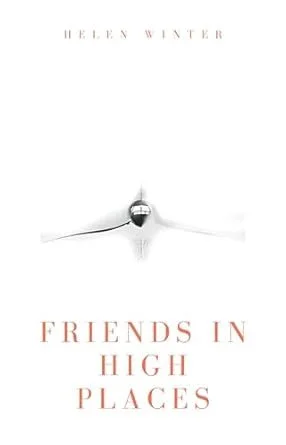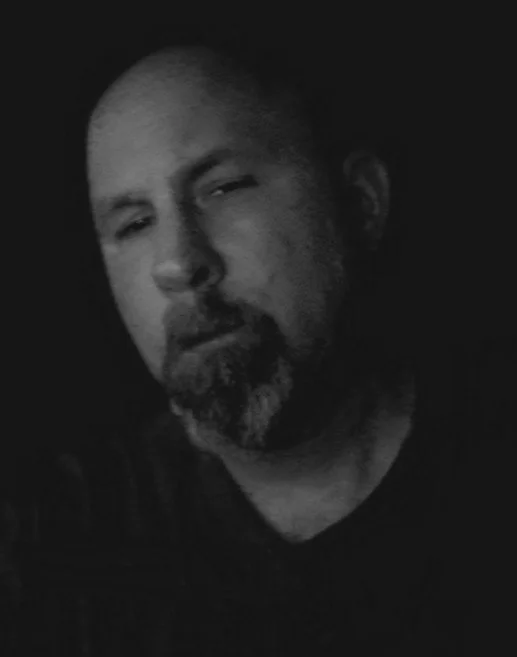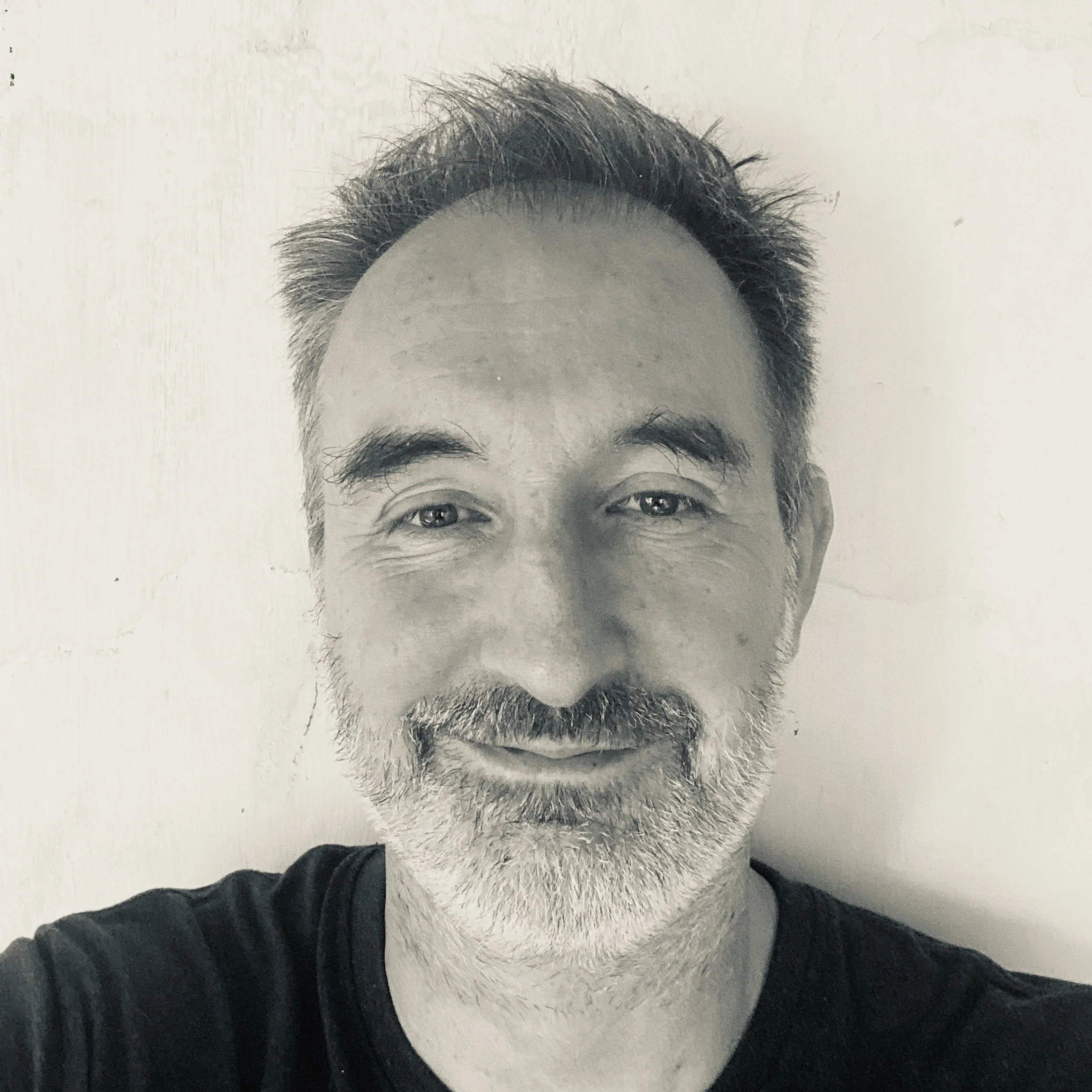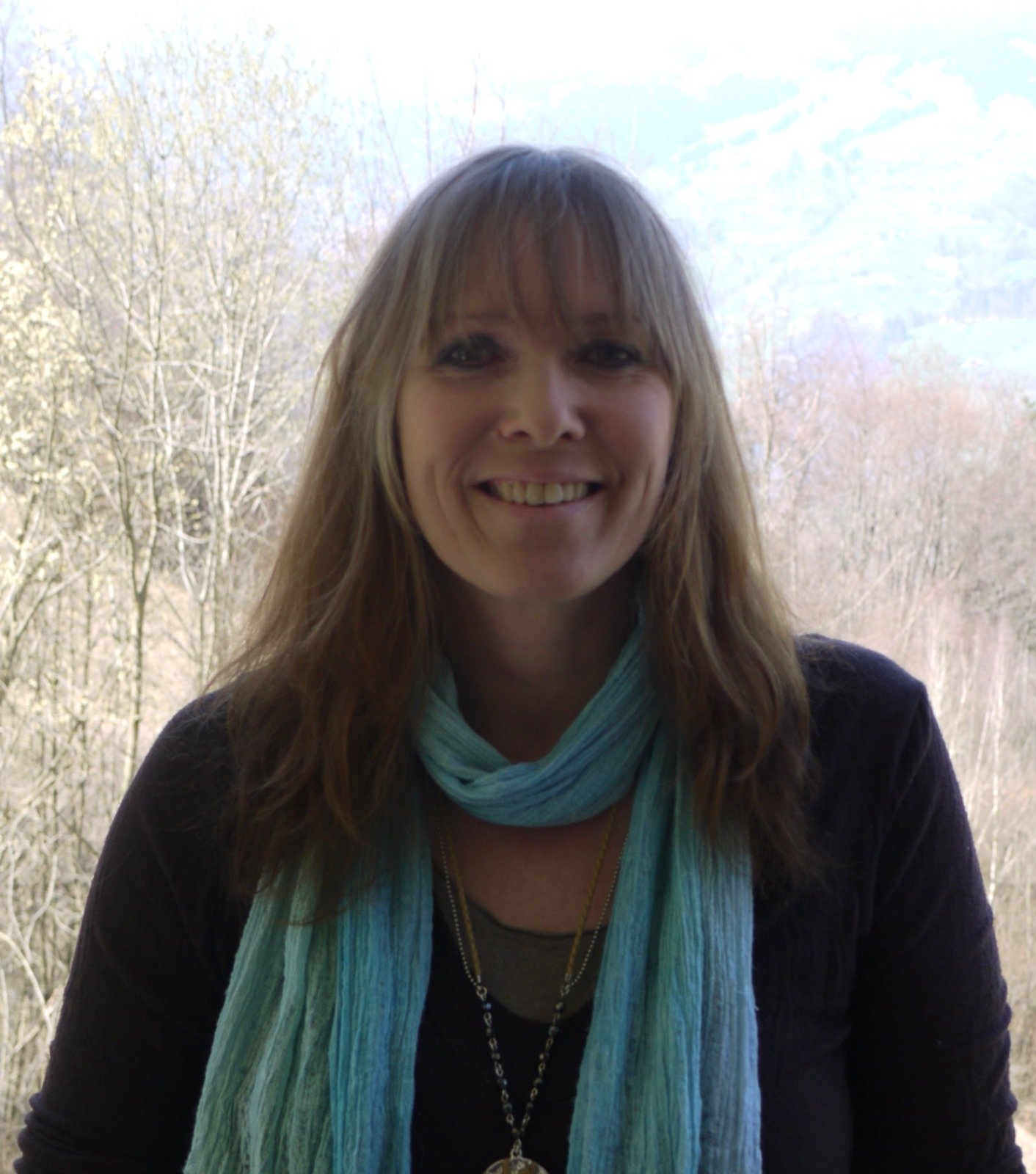Helen Winter
What made you decide to become a writer?
I've always written, but I don't want to sound too cliched… So, thinking more deeply, my love of writing really started because of a creative writing module at university. It was taken by James Carter, a brilliant published writer and poet. It was ten weeks and I loved every second. Each week we specialised in a different genre, then the following week students had to hand in a piece of work in that genre. Eventually, we submitted a large body of work, including a comprehensive critique for each piece. It's one of my happiest writing memories. There were some incredible people in my English lecture group, some of whom are still writing amazing things today. That particular course produced several published authors over the years. I became a teacher and then moved pretty quickly into educational publishing, which was a good springboard for writing. I was asked to provide creative content too, in addition to my usual role, once my bosses noticed my aptitude for writing! I then started writing for my employers (being paid to write outside of work time), which was my first 'professional' writing gig I suppose. My first big project paid for a plane ticket to Australia, I remember.
What comes first for you – the plot or the characters?
I think the story itself has to be king. You can have great characters, but without a well thought-out plot and narrative arc it's going to be an uphill climb. When characters are established they might surprise you with their actions - they can push the plot in unexpected directions as their personalities take over. You sometimes hear authors say, 'I didn't expect this character to say this, or do that…' and it's absolutely true, because it happens to me all the time!
What is your favourite genre to write in?
I love to write about people, so I should say human interest stories. Natural dialogue is something I'm passionate about and how that informs characters' relationships. I rarely edit dialogue once it's on paper, to keep it as authentic as possible. Even though my current book is based on Concorde, it's really about people. My writing will always aim to reflect human relationships and their complexities.
Did you need to do research for your book? If so, how much did you do, how did you do it?
I started to research a long time before writing. As I just mentioned, my book is based on Concorde. This meant that I really needed to do some serious background reading and ensure that I knew my stuff before writing. There was no way I could have even considered it without reading widely, which I did. I read a lot of non-fiction, watched loads of documentaries (some more interesting than others). I also went to Runway Park in Manchester where my book is set, to view Concorde, which I actually found really emotional. I had already seen another Concorde in the past at Duxford, but seeing G-BOAC in all her glory was very moving. I wrote a lot of notes to refer to as I went, and that was helpful too.
How do you feel about killing off popular characters? Is it something you enjoy doing in your own books? Have you done it?
I did kill off a secondary character in this book. Although she wasn't a main protagonist, her death was actually a necessary plot hook to ensure the final outcome. Death is a part of life. It's something we all experience and therefore can't be avoided if we are reflecting reality to the best of our abilities. Writing about it was cathartic for me; I hope I handled that character's death sensitively. As for killing off popular characters in books, that's a brave thing to do, and it has to be for really concrete purposes so as not to annoy readers!
Would you write any genre or do you stick to one?
I will always stick to human interest fiction, as it's what I do best! I think it's a good mantra to stick with what you're good at. It's what I enjoy reading, so you'll never find me taking up science fiction, for example. I'll leave that to others who are much better at it than I ever could be.
Have you ever interviewed someone in relation to your book, in order to make your story more realistic?
I interviewed pilots and those with aviation knowledge, especially for ensuring my air traffic communications were correct, which was vital.
Does your family read your work?
I'm quite a private writer and initially, only one close friend saw anything to start with. I have two teenage daughters, so I can't say they took an enormous interest (!) but my older one did read some chapters and gave good advice. I didn't let anyone else see it until I had completed the entire manuscript, and then I sent it out to a couple of trusted friends - an English teacher and a Librarian. After that, I sent it to some family, and other friends. It's pretty scary letting others read your baby, but it is also critically important to receive feedback!
How many hours a day or week would you say you spend writing?
Getting time to write was the hardest part about this book. I listened to an interview with JoJo Moyes where she said, 'The difference between someone who is, and isn't, an author, is that an author actually finishes their manuscript.' That really hit a chord with me. I decided that I would try to write at least a small part every day, and not beat myself up if I didn't. On a good day I'd aim for 1000-2,500 words. Others, maybe just 500 or even less. All of it is an achievement, even the 500 words on a bad day. I had to shift my thinking, and that really helped. I remember another interview with a published author who had five children, and she had written a little bit every day, for a decade. I absolutely loved that. It's a marathon, and not a race. You just have to do whatever works! If your life gets in the way for a few weeks, I think that's pretty normal. The key is to not talk yourself down about it, just get back to it when you can.
Is writing therapeutic for you, or does it cause you to stress out?
It really depends on the day. Sometimes, if it's going well, it's therapeutic. If not, and it gets stressful, then I need to remove myself for a while. If things aren't going well and I feel stressed, then I walk the dog or just get away from the screen. To be honest though, it tends not to be the writing itself that causes stress, but the rest of the world going on around me. In an ideal world, I would book myself into a villa in Greece for 3 weeks and just hunker down and write. That's absolutely not going to happen any time soon though, not until I sell a few more books anyway!
You can find Helen on X, Instagram, Facebook, and Amazon



























